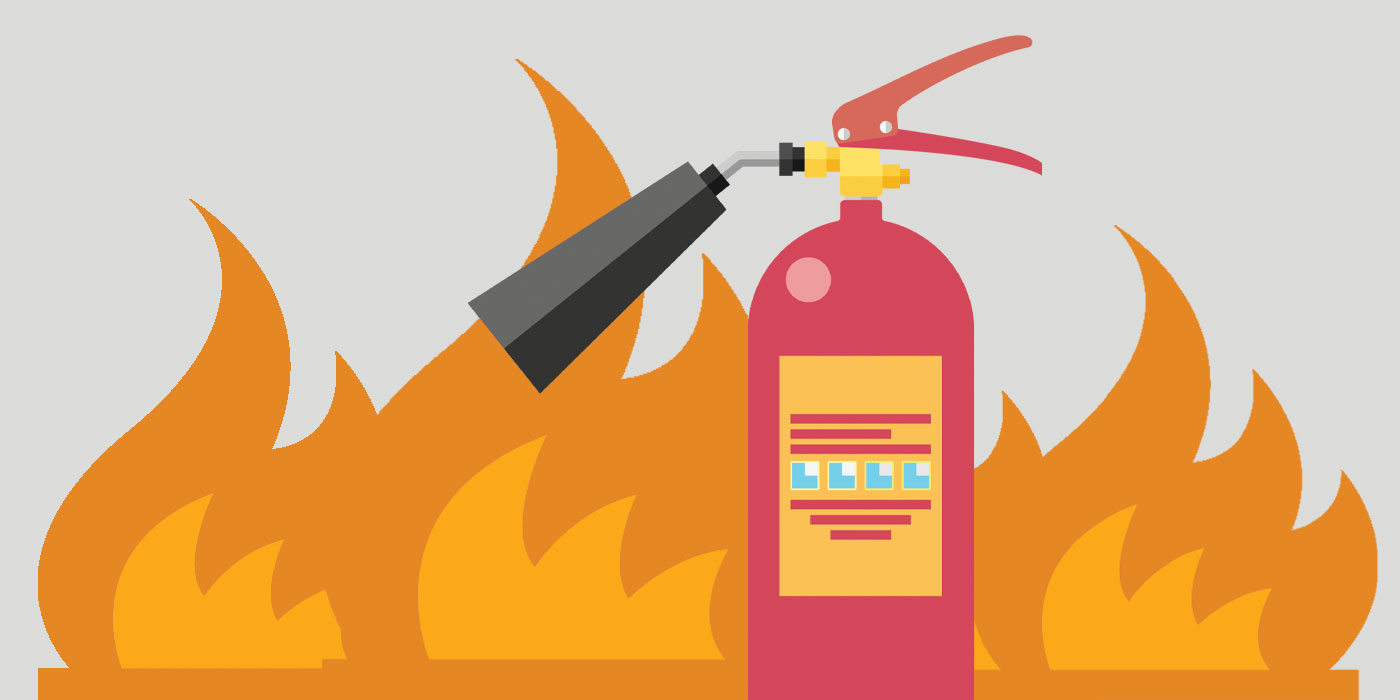For every business in Sydney, fire protection is not just an obligation of law, but also an essential element of keeping employees clients, customers, and the property secured. Fires can cost a lot in a matter of minutes. But with security measures that are in place, a lot of these risks can either be reduced or avoided. Fire inspections, routine testing and tagging of electrical systems and conformity with CFSP rules all work to create a safer environment and ensure that businesses are in compliance with local council as well as Building Code of Australia (BCA) standards.
Why fire inspections are crucial for safety
The first line of defence is fire inspections. They ensure that all parts of the building’s fire-protection systems are working and up to date. In Sydney companies must conduct inspections at least once every six months or annually, in accordance with the building’s type and local regulations of the council. The inspection can cover everything from sprinklers to fire alarm systems to smoke detectors, fire hydrants and extinguishers.

Inspections are vital as they allow you to spot hidden problems before they turn into a danger. In an emergency tiny flaw on a smoke detector, or a faulty fire hydrant may appear insignificant. Businesses that regularly check their fire hydrants are ensuring they meet their legal requirements and protecting themselves against unforeseen tragedies.
Potential electrical hazards that are hidden can be identified by conducting tests and tag
Electrical systems are one of the leading causes of workplace fires, which is why testing and tagging should always be part of a fire safety plan. The process includes checking electrical devices for safety, functionality, and compliance, then attaching a tag to indicate that the equipment is inspected. This is a rule that is often not an easy one. For many companies, it’s a precaution against possible risks.
If they are not checked regularly older wiring, malfunctioning appliances, or worn-out cables could become a fire risk. By conducting regular tests and tagging, businesses reduce the chance of electrical faults that can cause fires. This can also build confidence and trust in employees, as they are assured that their workplace is safe. In conjunction with fire inspections, testing and tagging provides a complete safety strategy that minimizes risk across multiple areas.
The function of CFSP to ensure compliance and Certification
In New South Wales only a Competent Fire Safety Practitioner (CFSP) is qualified to sign or sign critical documents regarding fire safety like the Annual Declarations on Fire Safety. Introduction of CFSP certification has enhanced fire safety standards, as it ensures only experts are qualified to assess and verify safety. For business owners working with a CFSP, inspections and reports will not be a simple item of paper, but rather an accurate evaluation performed by experts.
The CFSP’s job is more than the simple task of checking boxes. These professionals assess the performance and the condition of fire protection systems and provide thorough report. They also ensure the compliance of regulatory requirements. Companies that do not have CFSP certification could be at risk of fines, legal complications and even closing if their security measures for fire are judged to be inadequate. Working with certified professionals will ensure that the fire safety systems are in place properly and compliance requirements are fulfilled without stress.
Fire Safety is a Constant Engagement
The safety of your fire system is a constant requirement for all business owners. Regularly scheduled inspections and tests of electrical equipment, in conjunction with the proper certification of CFSP ensure a safety cycle that doesn’t end. Beyond ensuring legal compliance it also promotes a workplace culture of safety. Employees are more comfortable in the knowledge that clear evacuation plans, smoke alarms emergency lighting, as well as a fire suppression system are all in place.
When you consider fire safety an ongoing process, not just a box to check each year companies can lower risks and also enhance their image. When safety is the top priority, clients and customers feel safer. In the long term, investing in proactive fire protection will save the company money by preventing costly damages as well as fines and legal disputes, while safeguarding the lives of everyone who enters the building.
Conclusion
The safety of your property in Sydney requires a multi-layered strategy that includes fire inspections, testing and tagging as well as certified by an CFSP. Each element plays an important role in assisting businesses to comply with regulations, but more importantly to safeguard property and lives. Safety is an integral part of the business process and is not a secondary consideration. Businesses can meet their legal obligations as well as create more stable and secure setting in the future, if safety is a fundamental part of everyday operations.